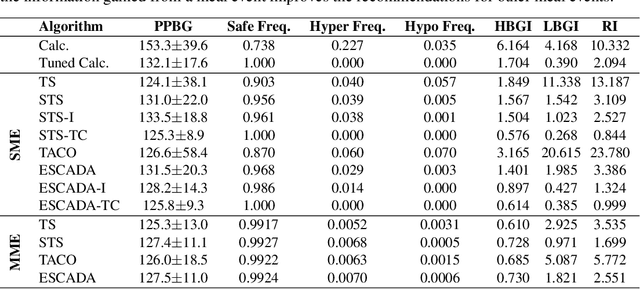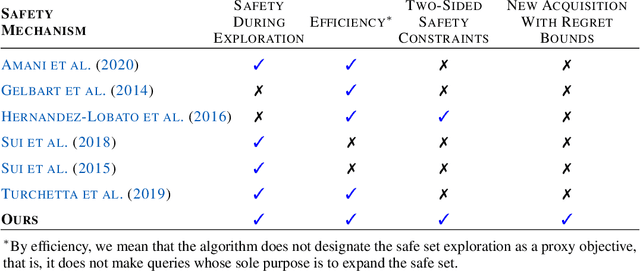Ahmet Alparslan Celik
ESCADA: Efficient Safety and Context Aware Dose Allocation for Precision Medicine
Nov 26, 2021



Abstract:Finding an optimal individualized treatment regimen is considered one of the most challenging precision medicine problems. Various patient characteristics influence the response to the treatment, and hence, there is no one-size-fits-all regimen. Moreover, the administration of even a single unsafe dose during the treatment can have catastrophic consequences on patients' health. Therefore, an individualized treatment model must ensure patient {\em safety} while {\em efficiently} optimizing the course of therapy. In this work, we study a prevalent and essential medical problem setting where the treatment aims to keep a physiological variable in a range, preferably close to a target level. Such a task is relevant in numerous other domains as well. We propose ESCADA, a generic algorithm for this problem structure, to make individualized and context-aware optimal dose recommendations while assuring patient safety. We derive high probability upper bounds on the regret of ESCADA along with safety guarantees. Finally, we make extensive simulations on the {\em bolus insulin dose} allocation problem in type 1 diabetes mellitus disease and compare ESCADA's performance against Thompson sampling's, rule-based dose allocators', and clinicians'.
 Add to Chrome
Add to Chrome Add to Firefox
Add to Firefox Add to Edge
Add to Edge